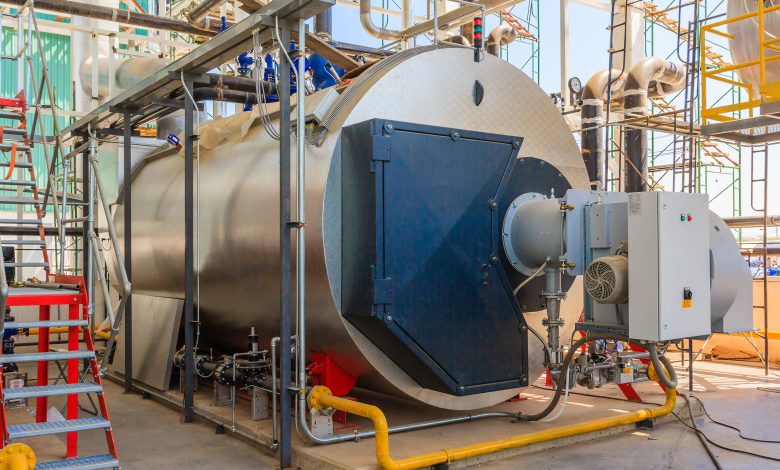
Maximising boiler efficiency and environmental benefits
When ash-producing fuels burn, combustion by-products accumulate on boiler heating surfaces – including tube banks, walls, screens, superheaters, reheaters and economisers. This buildup creates an insulating barrier that forces boilers to work harder, consuming more fuel and generating higher emissions to achieve the same output. Clean heating surfaces help boilers function more efficiently and reduce a power producing facility’s environmental footprint.
“Getting the most out of critical boiler-cleaning equipment like soot blowers requires proper lubrication,” says Gavin Ford, National Marketing Manager at Lubrication Engineers (LE) South Africa.
Soot blowers are used to keep combustion particles from sticking to boiler tube tanks. They can be retractable or rotary and help to clean heating surfaces of boilers fired with ash producing fuels. Several soot blowers are usually found on each level of the boiler tower.
In addition to soot blowers, many boilers have cleaning elements like retractable systems and water wall deslaggers to remove heavier slag deposits that accumulate on heating surfaces; air heater cleaners to keep air preheater surfaces clean for optimal heat transfer and combustion efficiency; and gunblowers and furnace probes that target specific problem areas where manual cleaning isn’t feasible.
Specialised lubrication for extreme environments
However, given the extreme operating environment, lubricating soot blowers and other boiler-cleaning machinery requires specialist products. These equipment components need to function reliably in temperatures that would cause many lubricants to burn, melt or congeal, which could potentially lead to equipment failure, unplanned downtime, and a negate environmental impact.
“LE has specifically designed a range of lubrication products for high-temperature, critical applications,” says Ford. “For example, LE’s 1250 Almasol High Temperature Lubricant is ideal for travelling carriage gearbox steam blowing in retractable soot-blowers, while our 1275 Almaplex Industrial Lubricant is the best solution for linkage fittings in air heater cleaners.”
The complexity of boiler-cleaning lubrication requirements means that selecting the right products is key for both equipment performance and environmental outcomes. Ford says that consulting with experts is an important aspect of getting lubrication selection for these components right. “We advise speaking to a lubrication technician to find out about the best product for the specific boiler-cleaning application, which will ultimately protect boilers and keep them operating at their best for as long as possible.”
Critical equipment for environmental benefits
The environmental benefits of correctly caring for boiler-cleaning equipment extend beyond just equipment reliability. Properly lubricated boiler-cleaning systems maintain consistent cleaning effectiveness, which in turn improves fuel efficiency. They also reduce unplanned maintenance that requires emergency equipment operation, all of which extends equipment service life, saves on running costs and reduces replacement waste.
This technical approach means that maintenance teams can achieve optimal boiler efficiency while meeting their environmental performance requirements, making specialised lubrication an essential part of responsible power generation.
For more information, visit www.lubricationengineers.co.za.






